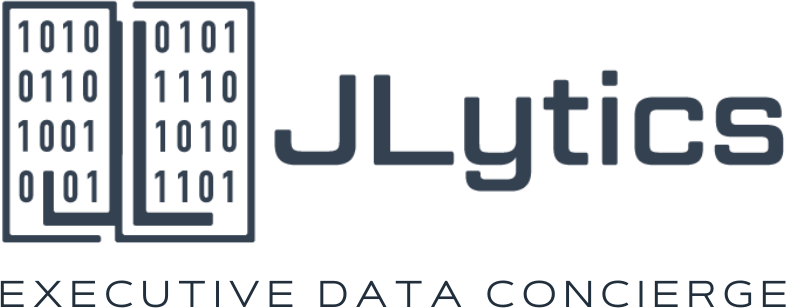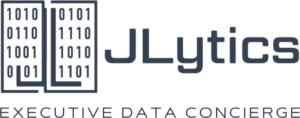Leaders face an unprecedented challenge: navigating the constant deluge of information while maintaining strategic focus and organizational agility. The volume, velocity, and variety of data have transformed how decisions are made, strategies are developed, and teams are managed. Adaptive leadership—the ability to adjust approaches in response to changing circumstances while maintaining core values—has become essential for success in this data-saturated world.
The Paradox of Abundance: More Data, Less Clarity
The digital revolution promised greater clarity through increased access to information. Yet many organizations find themselves paralyzed by analysis, drowning in dashboards, and struggling to extract meaningful insights from their data assets. This paradox of abundance creates several challenges for modern leaders:
- Signal vs. Noise Discrimination: With exponentially growing data sources, distinguishing valuable signals from background noise becomes increasingly difficult.
- Decision Fatigue: The continuous stream of information demands constant evaluation, leading to mental exhaustion and diminished decision quality.
- Strategic Drift: Without proper filtering mechanisms, organizations can become reactive rather than proactive, constantly chasing new data points instead of maintaining strategic direction.
- Information Silos: As data becomes more specialized, departments develop their own metrics and analytics, often leading to fragmented organizational perspectives.
Effective adaptive leaders recognize these challenges and implement systems to transform data overload from a liability into a strategic advantage.
Building a Data-Adaptive Leadership Framework
Adaptive leadership in the age of data overload requires a structured yet flexible approach to information management. This framework consists of several interconnected elements:
Cultivating Information Discernment
Rather than attempting to process all available data, adaptive leaders develop what might be called “information discernment”—the ability to quickly identify which data points merit attention and which can be safely filtered out. This requires:
- Establishing clear criteria for data relevance based on strategic priorities
- Developing mental models that facilitate pattern recognition
- Creating feedback loops to continuously refine filtering mechanisms
- Embracing “good enough” information rather than pursuing perfect data
This discernment allows leaders to maintain focus on strategically valuable information without becoming overwhelmed by the constant stream of data.
Designing Intentional Information Ecosystems
Adaptive leaders don’t leave information flow to chance. They deliberately design ecosystems that optimize how data is collected, processed, and distributed throughout their organizations:
- Implementing tiered notification systems that escalate only the most relevant information
- Creating cross-functional data interpretation teams that combine technical expertise with business acumen
- Establishing regular “information fasting” periods where teams disconnect from non-essential data streams
- Developing standardized data visualization protocols that enable quick comprehension
These structured ecosystems prevent information overload while ensuring critical data reaches the right decision-makers at the right time.
Fostering Cognitive Agility
The ability to rapidly shift mental frameworks in response to new information is perhaps the most critical skill for leaders navigating data overload. Cognitive agility involves:
- Practicing scenario planning that accounts for multiple data-driven futures
- Cultivating comfort with ambiguity and incomplete information
- Developing skill in rapidly testing and discarding hypotheses based on emerging data
- Building diverse teams with complementary cognitive approaches to data interpretation
Leaders who develop this cognitive flexibility can maintain organizational direction even as the information landscape continuously evolves.
From Data Management to Wisdom Cultivation
While technical solutions are necessary components of addressing data overload, truly adaptive leadership transcends mere information management. The most effective leaders in data-rich environments focus on cultivating organizational wisdom—the ability to apply contextual judgment to information rather than simply accumulating more data.
This wisdom-centered approach includes:
- Elevating Purpose Over Metrics: Using organizational mission as the primary filter for determining which data deserves attention.
- Valuing Human Insight: Recognizing that algorithmic analysis, while powerful, cannot replace the contextual understanding and intuition that experienced team members provide.
- Embracing Selective Ignorance: Strategically choosing which information streams to ignore, allowing greater focus on truly meaningful data.
- Prioritizing Reflection Time: Building structured pauses into organizational rhythms where teams can integrate information rather than simply consuming more data.
- Developing Data Narratives: Creating coherent stories that connect disparate data points into meaningful patterns that guide action.
The shift from data accumulation to wisdom cultivation represents the frontier of adaptive leadership in our information-saturated age. Leaders who master this transition will not only survive data overload but transform it into a competitive advantage, using the wealth of available information to drive more purposeful, agile, and effective organizations.
In a world where data will only continue to multiply, adaptive leadership isn’t simply a specialized skill—it’s becoming the fundamental capacity that determines organizational success. By developing structured approaches to information management while cultivating the human capacity for discernment and wisdom, leaders can navigate the complexity of our data-rich environment while maintaining the clarity of purpose and action that defines truly exceptional leadership.
***
JLytics’ mission is to empower CEOs, founders and business executives to leverage the power of data in their everyday lives so that they can focus on what they do best: lead.



